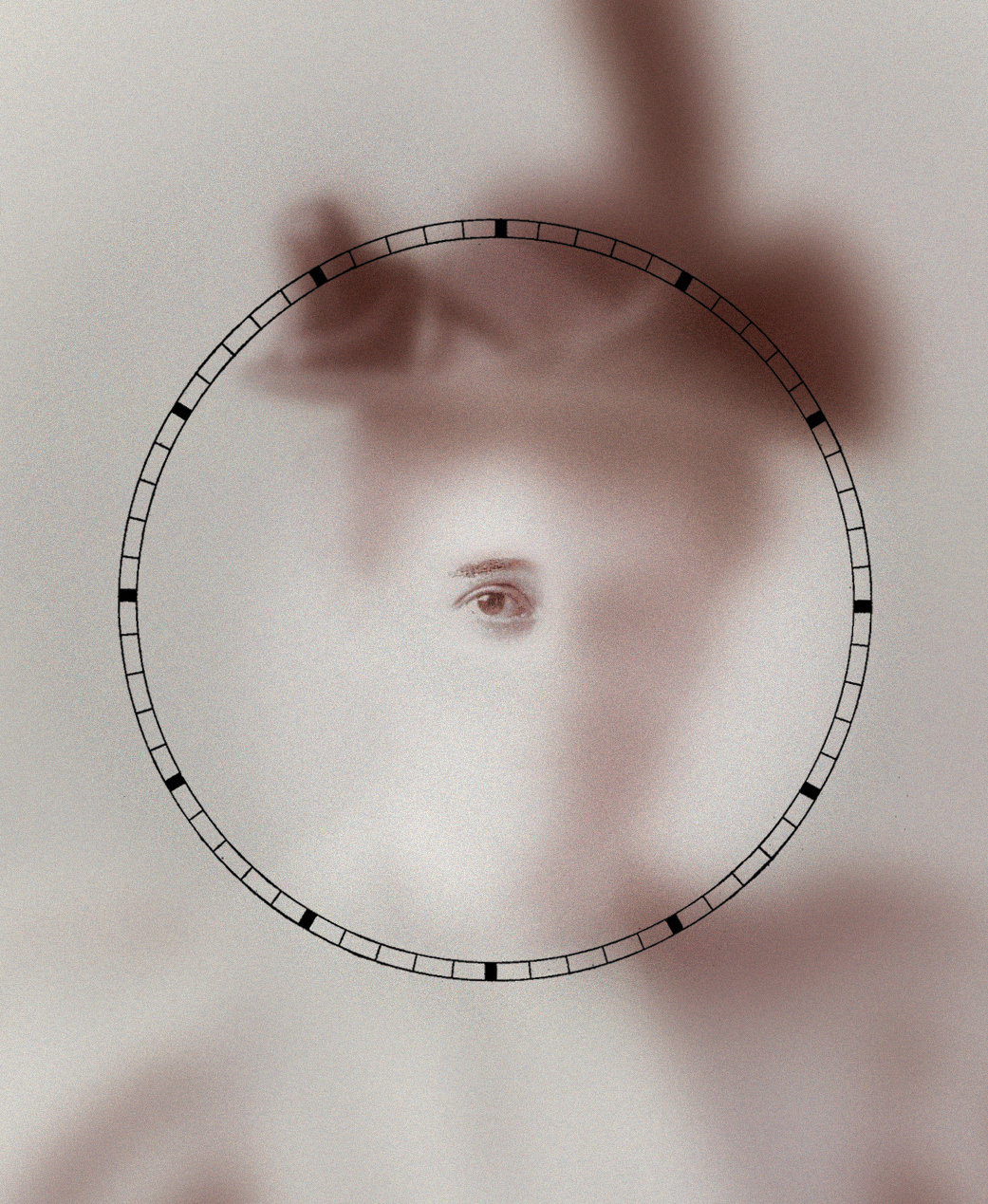In recent years, there’s been a lot of discussion on social media about the attitudes towards women, politics, non-European ethnic groups (or “races” in archaic, non-scientific parlance) and the like in the writings of Aleister Crowley. Different groups will spotlight particular statements he made at particular times to support their own respective agendas while ignoring contradictory (or perhaps apparently contradictory) statements he’d made at other times. Some would feel that certain opinions of his abhorrent to them compromise the value of the overall Work his corpus offers. There’s even questioning of many of his assertions about ancient history, comparative religion and even venerable occult technique which were based on contemporary scholarship but since supplanted by more accurate information based on years of subsequent research.
This essay that appeared in the New York Times Book Review offers an interesting take on confronting works written long enough ago that a lot of the perspectives and biases appear alien, even repugnant to the modern reader. An excerpt says:
“It’s as if we imagine an old book to be a time machine that brings the writer to us. We buy a book and take it home, and the writer appears before us, asking to be admitted into our company. If we find that the writer’s views are ethnocentric or sexist or racist, we reject the application, and we bar his or her entry into the present.
“As the student had put it, I don’t want anyone like that in my house.
“I think we’d all be better readers if we realized that it isn’t the writer who’s the time traveler. It’s the reader. When we pick up an old novel, we’re not bringing the novelist into our world and deciding whether he or she is enlightened enough to belong here; we’re journeying into the novelist’s world and taking a look around.
https://www.nytimes.com/2019/01/08/books/review/edith-wharton-house-of-mirth-anti-semitism.html.


